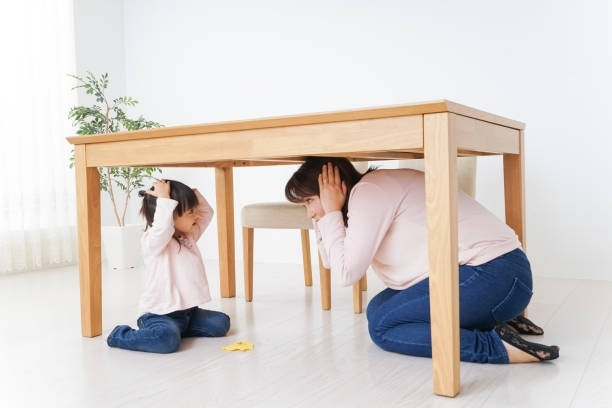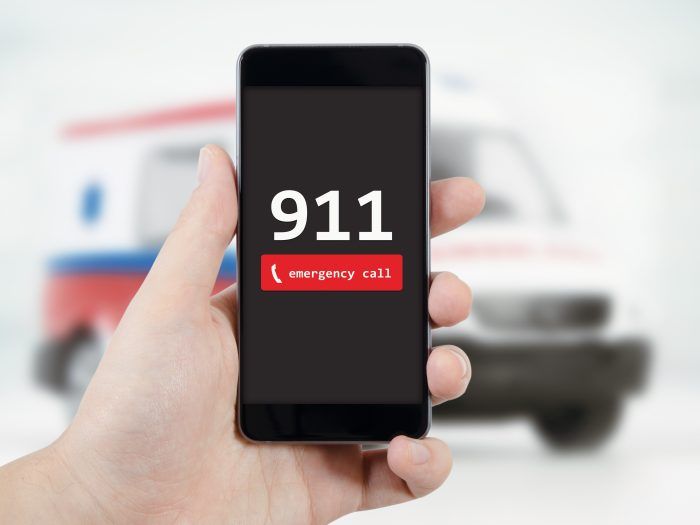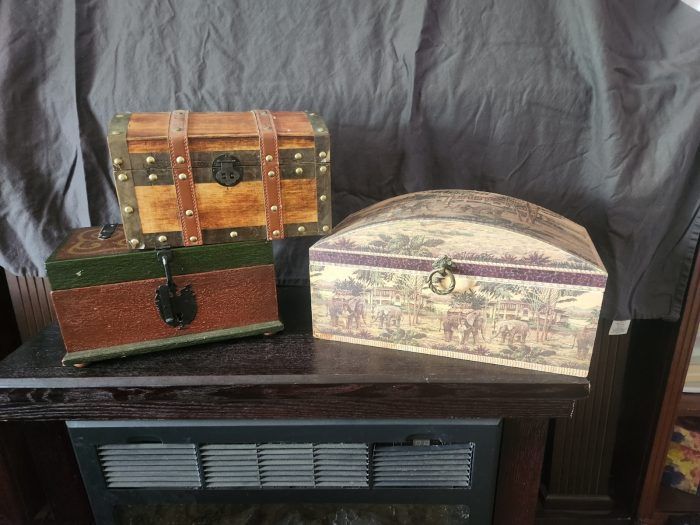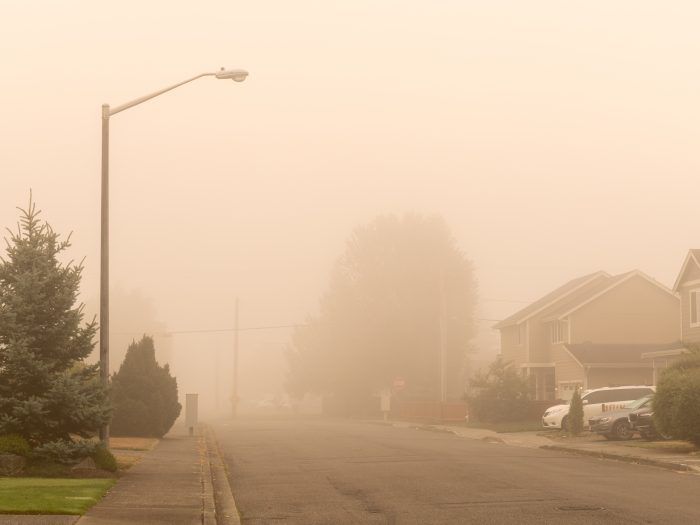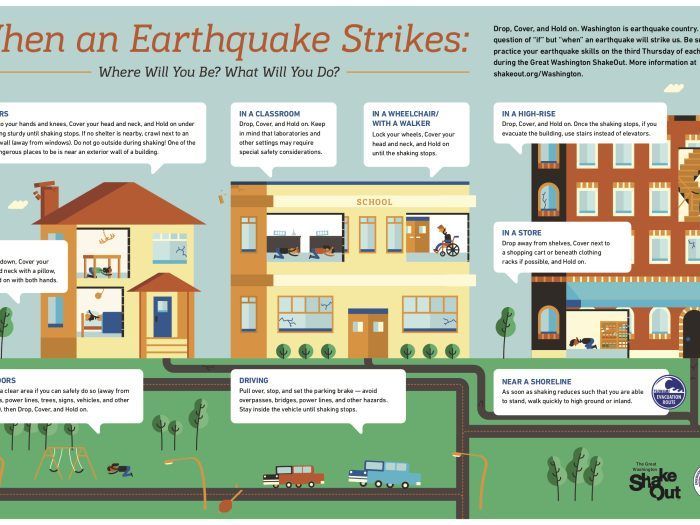Emergency Preparedness for Our Pets: Don’t Forget Fido!
Pets are family, but it can be easy to overlook the need to make preparations for their care if an earthquake or other natural disaster occurs.
Some animals seem to have their own inner warning syste; they may give us clues to impending danger even before the meteorologists do. Nevertheless, they still need our care and assistance—both emotional and physical—during and after the event.
Landline, or mobile phone?
As with people, different animals will react differently to scary events. Take a few minutes to think about how your pet reacts to things like fireworks, strangers, heavy traffic, and isolation. Do they tend to run and hide, get aggressive, run away? Plan ahead to account for those possibilities. Be sure to have ID tags, and a leash or other restraints for your pet(s) in your own
Flee Bag™.
Make Your Pet’s Presence Known
There are many incidences when it can be helpful for others to know there are pets living in your home, and disasters are one of them. One way to do this is to put a cling or decal in your window. You can purchase them online and at pet stores, among other places.
Order free decals from the
ASPCA
when you sign up to receive important alerts from them.
Free and Confidential
Again, as with people, pets often behave differently when they are physically injured. Even your usually-mild-mannered pooch or kitty may become testy and unwilling to let you tend their wounds. Consult your veterinarian about what to include in a first aid kit that is best suited to your pet. A generalized kit should include rolls of cotton gauze, bandage tape, antibiotic ointment, scissores, latex gloves, isopropyl alcohol, and saline solution. A first aid book specific to animals could be invaluable too.
Multiple Profiles and Addresses
In the event of a major earthquake that leaves your home uninhabitable, you may already have a plan as to where you can go to find temporary shelter, such as a public evacuation center. But, did you know that evacuation centers rarely allow pets inside? That means that you need to have a plan for where to house your four-footed friends.
If your pet already has and uses a kennel or a crate, that puts you ahead of the game. If they do not, you need to come up with a Plan B, and maybe even a Plan C.
If you have a car, and it survives the earthquake/disaster, the easiest solution may be to house your pet in it. Hopefully, you can park your car near to wherever you will be staying so you can check on your furball frequently.
Even if you have a car to use as a makeshift kennel, you would do well to research other alternatives ahead of time because there will be many unknown variables. E.g., it may be destroyed/immobilized during the event.
Do you have a friend, relative, or neighbor who would be willing to give shelter to you and/or your pets? Can you offer to help them in the same way? Are there any boarding facilities, veterinarian offices, or hotels nearby that will agree to sheltering pets in an emergency? Contact them now to ask about the possibilities and then make a list of any that intend to keep their doors open.
More About Pet Preparedness
Check the
Just in Case resources page for additional downloadable information about making plans for how to help your four-legged friends survive and thrive following a natural disaster.
